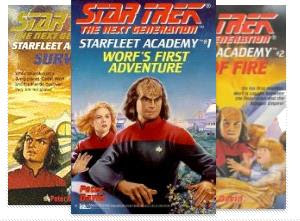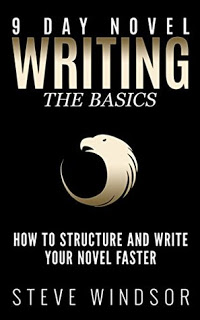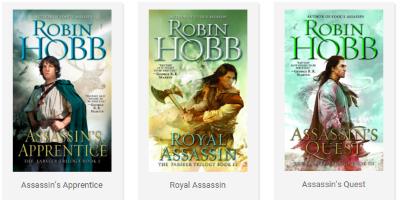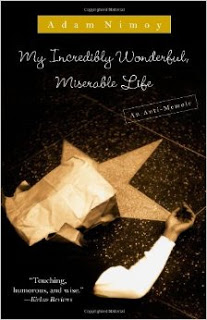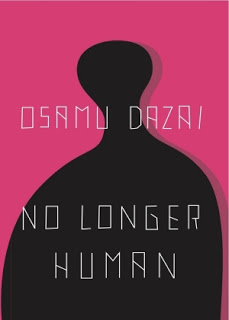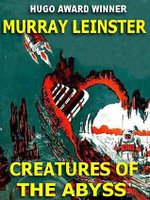Write Right!: Creative Writing Using Storytelling Techniques, by Kendall Haven
 Write Right! is a monster. It goes through every step of writing a book, including the one that the author, Kendal Haven, considers the most important: editing. Then, in its second half, it contains exercises for improving writing. The intended audience of this book is teachers of creative writing, not just beginner writers, so that makes it even more valuable.
Write Right! is a monster. It goes through every step of writing a book, including the one that the author, Kendal Haven, considers the most important: editing. Then, in its second half, it contains exercises for improving writing. The intended audience of this book is teachers of creative writing, not just beginner writers, so that makes it even more valuable.The mystery for me was how can someone write about captivating and engaging writing in a book as dry as Creative Writing Using Storytelling Techniques. I understand it is mostly a manual, but it was really difficult to go through it, as it was full of information start to finish. Now I must reread it at speed and make a summary of the techniques in order to even begin to absorb the huge amount of very useful information in the work. Not to mention actually doing the exercises at the end.
What I really liked about this book is that it is very algorithmic. At every page I was considering - and still am - how I might codify this into a software to help me evaluate a piece of literature and maybe even suggest improvements automatically. If I am to extract an essential idea of the work it would be "editing is very important". The author acknowledges the need to write fast, from your gut, to lay the words out there, not even considering spelling or grammar, just vomit your thoughts onto the page, but then he submits that the process of evaluating each scene, each chapter and the book for structure, wording, verb uses, sense involvement, specificity of language, action, dialogue, sequels (not book sequels, but that thing that details what characters think and feel about what just happened), etc. is perhaps the most important in translating that story that you have into an interesting book to read. And after getting a final version you are happy about, he makes you eliminate 15% of the words. Ruthless! :)
Let me make this clear, though: writing is damn tough. It consists of two parts: observing the world and describing the world. In a recent post I was complaining at how bad I am at the former, but this book makes it clear how complex is the latter. Making the written word express what is in your brain at the moment of creation is extremely difficult and complicated. This book helps in defining exactly what that is and give you tools to do it and improve on doing it. A great tool!
To sum it up: This is not light reading. It is a manual for writing teachers (what the hell are those? I wish I had some in school). It helps tremendously if you are self-taught, also. It requires multiple readings or at least a summarizing effort at the end, to structure it in a way that makes it easy using it as a reference. And then, of course, are the exercises for improving writing which take the second half of the book


